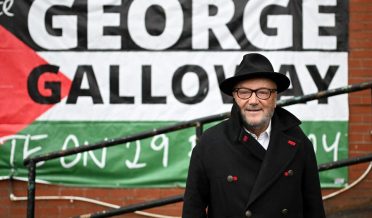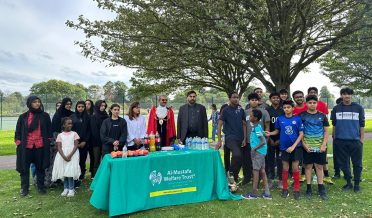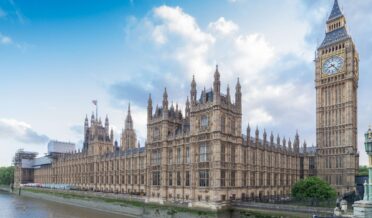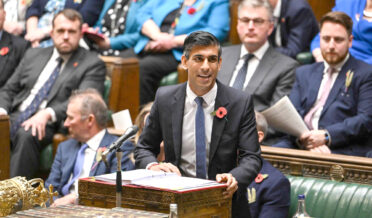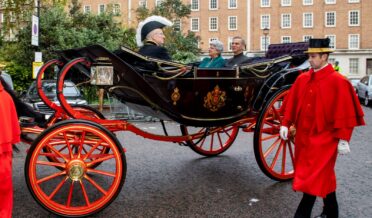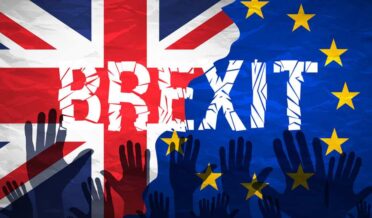Eid ul-Fitr is celebrated on the first day of Shawwal, the tenth month of the Islamic calendar. It marks the end of Ramadan. Muslims use a lunar calendar which differs in length from the Gregorian calendar used worldwide. This means the Gregorian date of Muslim holidays shifts slightly from one year to the next, falling about 11 days earlier each year. The timing of Muslim months and holidays generally depends on the sighting of the Moon’s crescent following New Moon. Because the Moon’s visibility depends on clear skies and several other factors, the exact date of Muslim holidays cannot be predicted with certainty.
Also, since the Moon is never visible in all world regions at once and current local dates can vary from one country to another, a holiday may fall on different dates according to a country’s longitude and time zone. Depending on their country of origin, religious orientation, or cultural affiliation, some Muslims may, therefore, celebrate a holiday one day earlier than others.
While Eid ul-Fitr is an important celebration for Muslims, there are no bank holidays associated with this date in the United Kingdom. However, since the Gregorian date of Muslim holidays changes every year, Eid ul-Fitr can fall on other UK bank holidays.
Islamic businesses and organizations may change their business hours during this event. There may be some congestion around mosques and the Eid ul-Fitr celebrations and festivals held in some UK cities.
Muslims in the UK usually start the day by waking up early and gathering in the local mosque or at an outdoor prayer ground for the Eid morning prayers. People dress in their finest clothes and may adorn their homes with lights and other decorations. Later in the day, people enjoy a lavish meal, often together with family and friends. Gifts and greeting cards are exchanged and children may receive presents.
Eid ul-Fitr is also called the “Sweet Eid” because it features a large variety of sweet dishes. In the UK, the composition of the feast largely depends on the cultural background of the family. The Eid ul-Fitr breakfast may include sheer khurma, a sweet pasta and date pudding originating in South and Central Asia. Muslims from northern African countries may eat laasida, a Moroccan pudding consisting mainly of couscous, butter, and honey. Lapis legit is a multi-layered cake that is a popular Eid dish among UK residents with roots in Indonesia.
A large variety of savory foods usually complement the Eid meal. Biryani, a spicy meat and rice dish originally stemming from India, is particularly popular in the UK. Members of the Afghan community may enjoy bolani, a type of flatbread stuffed with spinach, potatoes, pumpkin, or lentils. People with roots in Malaysia may eat rendang, a hot beef curry.
Eid ul-Fitr is a joyful occasion with a focus on the family, and some Muslim communities organize events offering various family activities. In some UK cities, such as London and Birmingham, these events usually attract thousands of people. The Eid Festival in London’s Trafalgar Square is held annually on the Saturday following Eid ul-Fitr. It usually features live entertainment, stalls, exhibitions, and children’s activities.
Ramadan is a time for Muslims to donate to charity or contribute to the community. On Eid ul-Fitr, there is an even stronger focus on charity, and Muslims are expected to donate food or money to the poor so they can also enjoy a proper Eid ul-Fitr feast. This compulsory practice is called Fitranaa or Zakat al-Fitr.
Despite the celebratory character of Eid ul-Fitr, its purpose is to thank Allah for the strength he provided to endure the Ramadan fast. On this day, it is also customary to visit the graves of family members who have passed away. The entire Ramadan period focuses on the theme of forgiveness and atonement, and Eid ul-Fitr is seen as a good opportunity to come together and put old grudges to rest. Eid al-Fitr is also known as the Feast of Fast-Breaking as it marks the end of the Ramadan fasting period. It is one of Islam’s two major festivals, with Eid al-Adha being the other major festival.
With nearly 2.8 million Muslims living in the United Kingdom, which equals about 4.8% of the population, Islam constitutes the second largest religion in the country, after Christianity. The largest Muslim community can be found in London. The municipalities of Bradford, Luton, Blackburn, Birmingham, and Dewsbury also have significant Muslim populations.
 265
265

